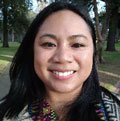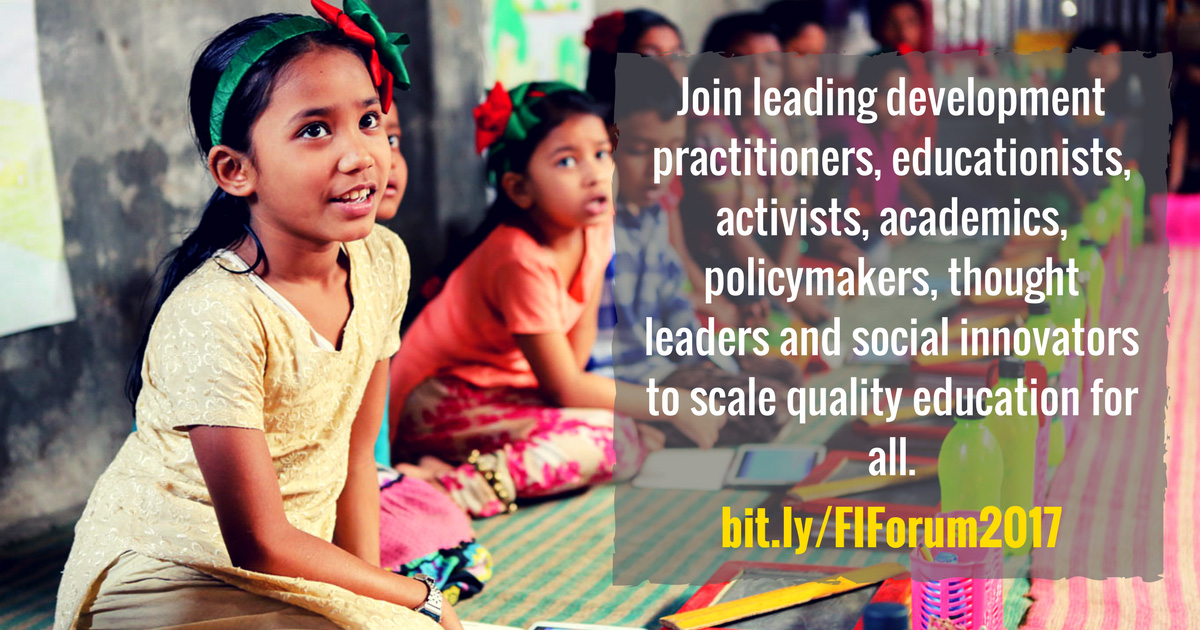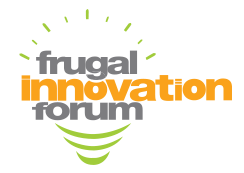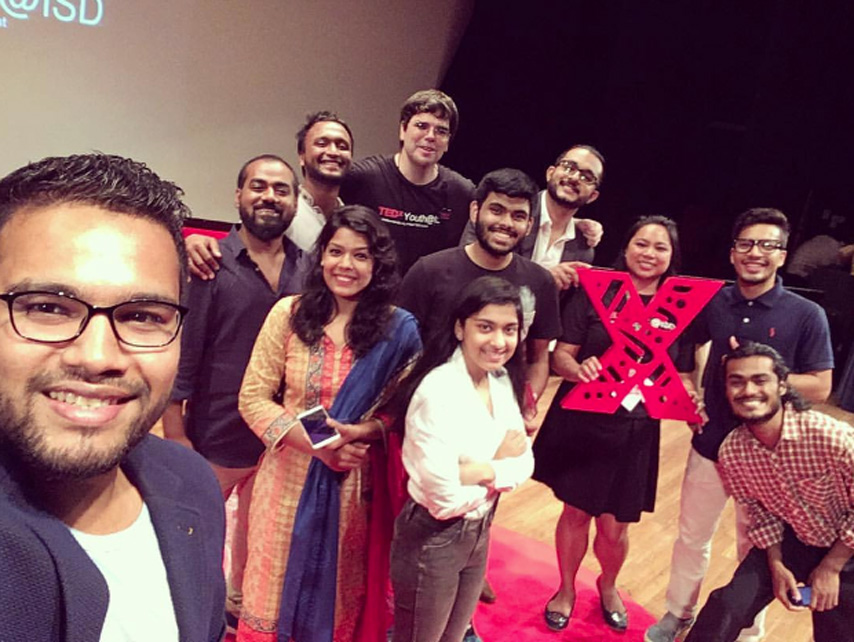Teachers are busy, curriculums are full, and parents demand results. With all the academic, extracurricular, and daily logistic challenges accompanied with teaching, the idea of organising social entrepreneurs to connect with students can seem not only impossible, but also impractical and irrelevant to academic requirements.
However, social innovators, particularly local social innovators, add a depth of knowledge and first-hand experience and bring learning to life by allowing students to understand global issues through local contexts and encourages them to see where they live in a new light. Connecting our classrooms with the community and learning about the impact of innovations addressing real needs here in Dhaka allows learners to see how local solutions create an impact around us and contribute to achieving global goals.
Studying solutions that are transforming our community and learning from experts, engages students. They reframe how they see the world around them and are encouraged to reimagine what tomorrow might look like. When teachers and social innovators work together, students not only engage in experiential learning, systems thinking and problem solving, they are also given opportunities to innovate for real world problems and learn how solutions must navigate the economic, political and environmental aspects surrounding these pressing needs.
Teachers can collaborate with community experts on learning experiences through two ways:
- Content-Community members can be a source of expert knowledge about a global issue that is covered in a unit of learning such as biodiversity, public health, or entrepreneurship and provide local context and examples connected to the subject in class.
- Skills- Community members can provide expert coaching or guidance on 21st century skills such as public speaking, designing slides, or even Hip Hop dance! Skills or processes taught through a unit can become transformative learning opportunities through mini-workshops or hands-on sessions.
Understanding social innovation does not begin with business models but with love and is fueled by entrepreneurship. As teachers we have the opportunity to help each student develop this sense of caring and curiosity about the world around them. Our toughest problems need deep thinkers who possess immense optimism and empathy. Teachers collaborating with social entrepreneurs, innovators, and experts can co-design the right kinds of learning experiences to build the thinkers, problem-solvers and entrepreneurs our world needs.
Connecting with social innovators might mean stepping beyond the classroom and into the uncomfortable unknown, but many champions in our ecosystem warmly welcome teachers into the innovation family and are eager to find ways to collaborate. This relationship can be initiated through a phone call, a connection in your network or by attending interesting events that you can find with just a little bit of facebook surfing.
My tips include adding strangers on facebook and sneaking into stuff. But don’t overlook the wealth of expertise that is right under your nose; former colleagues, family members or friends can be the experts you were looking for.
Why should you attend this workshop?
Teachers will learn how to connect and collaborate with social innovators to co-design learning experiences aligned with curriculum objectives such as hands-on workshops, guest speakers and opportunities in our community for students to dive deep into a topic that they are passionate about. Social innovators can learn how they can work with some of the hardest working changemakers, teachers, to amplify their work and help students learn about what is truly possible. More importantly, come collaborate with us to be a start of a community dialogue connecting educators and local innovators centered on students, learning and discovering better ways to prepare our students for the future, right here in Dhaka.
What will attendees learn?
- Develop units centering on local community issues
- Practical ways to develop lessons embedding community experts
- Create a wish list of specific experts that align with curriculum objectives
- Take an inventory of current experts in your network
- Create a plan to connect with experts for upcoming lessons
Things to bring to our workshop:
Teachers, Curriculum Coordinators, School Leadership
- Lesson plans or unit plans (optional)
- Curriculum documents (optional)
- A sense of adventure
- A desire to gain a deeper understanding of our world
Social Innovators, Soc Entrepreneurs, and Social Business Leaders
- Passion to inspire students
- A desire to collaborate with educators
- Respect for teachers
Resources for pre-reading
http://news.stanford.edu/2015/04/14/purpose-youth-damon-041415/
http://news.stanford.edu/news/2014/december/altruism-triggers-innate-121814.html
https://www.gse.harvard.edu/news/uk/17/05/curriculum-changing-world
 |
Sarah Harkin Social Innovation Coordinator K-12 International School Dhaka sarah.harkin@isdbd.org |



